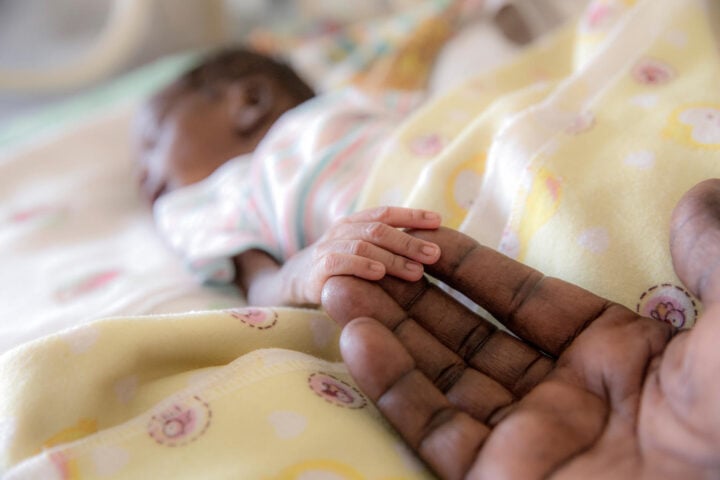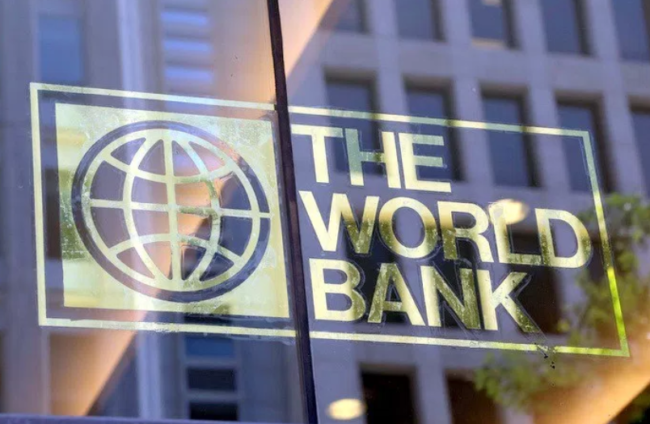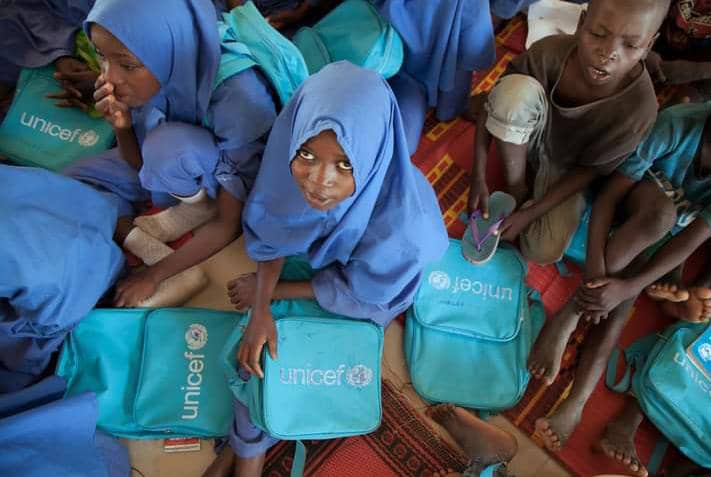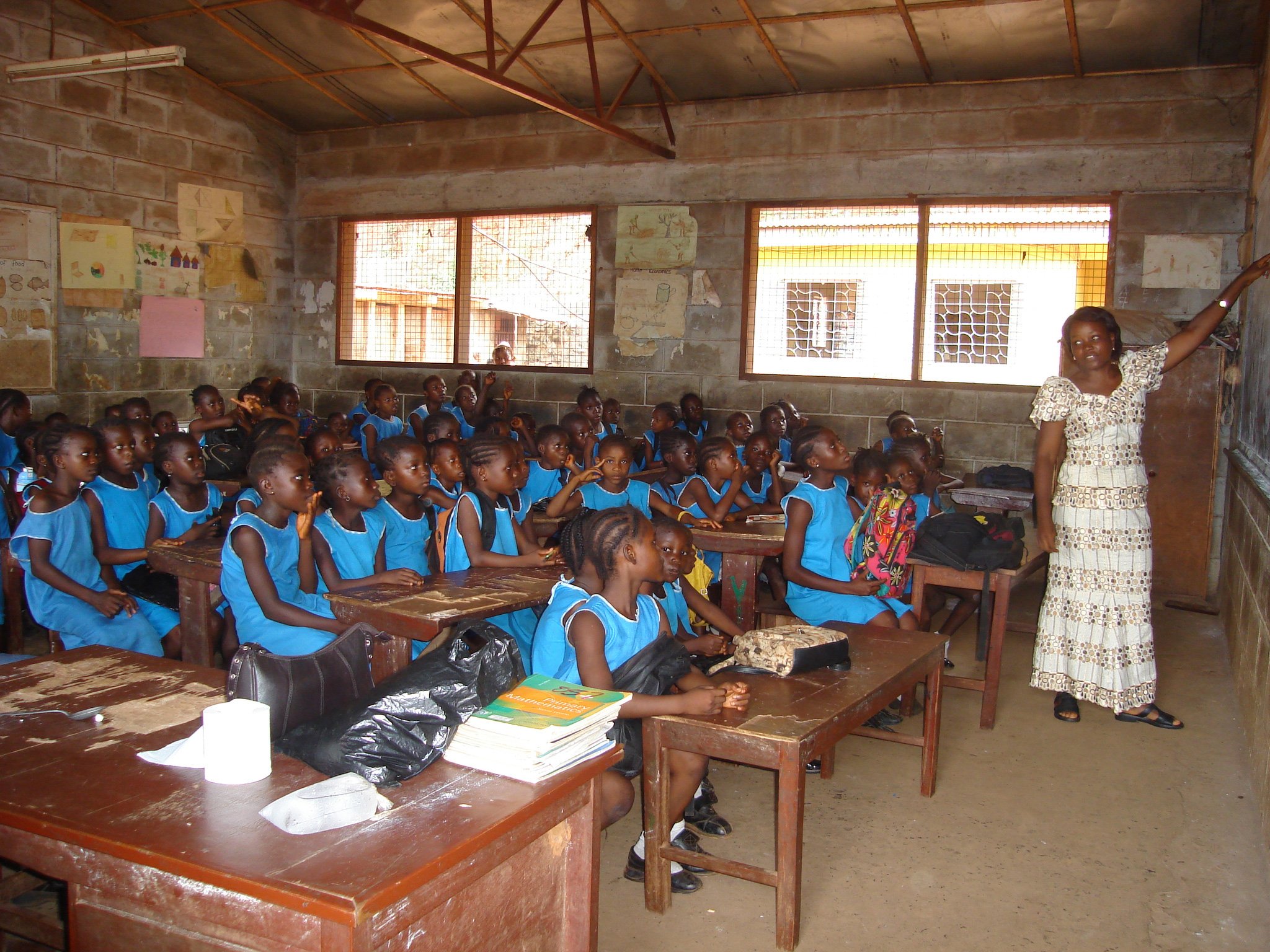File photo of a newborn baby
The World Health Organisation (WHO) says pregnancy and childbirth complications are causing the death of at least one woman every two minutes globally.
The organisation in its report on trends in maternal mortality on Thursday, said deaths caused by pregnancy and childbirth complications are more prevalent in African countries battling the humanitarian crises.
The report was produced by WHO on behalf of the United Nations Maternal Mortality Estimation Inter-Agency Group comprising WHO, UNICEF, UNFPA, World Bank Group, and the Population Division of the United Nations Department of Economic and Social Affairs.
The report highlighted the rate of maternal mortality across the world from 2000 to 2020 and pointed out that 287, 000 maternal deaths were recorded across the world in 2020.
Advertisement
The figure, the WHO said was a slight reduction from 309,000 in 2016 when the UN sustainable development goals (SDG) were introduced.
It said maternal deaths continue to be largely concentrated in the poorest parts of the world and in countries affected by conflict, adding that about 70 percent of all maternal deaths in 2020 were in sub-Saharan Africa.
“Every two minutes, a woman dies during pregnancy or childbirth, according to the latest estimates released in a report by United Nations agencies today. This report, Trends in maternal mortality, reveals alarming setbacks for women’s health over recent years, as maternal deaths either increased or stagnated in nearly all regions of the world,” a WHO statement reads.
Advertisement
“In total numbers, maternal deaths continue to be largely concentrated in the poorest parts of the world and countries affected by conflict.
“In 2020, about 70% of all maternal deaths were in sub-Saharan Africa. In nine countries facing severe humanitarian crises, maternal mortality rates were more than double the world average (551 maternal deaths per 100 000 live births, compared to 223 globally).
“Severe bleeding, high blood pressure, pregnancy-related infections, complications from unsafe abortion, and underlying conditions that can be aggravated by pregnancy (such as HIV/AIDS and malaria) are the leading causes of maternal deaths.
“These are all largely preventable and treatable with access to high-quality and respectful healthcare.
Advertisement
Tedros Ghebreyesus, director-general of WHO, said pregnant women around the world undergo risks during childbirth due to the inaccessibility of basic health care services.
“While pregnancy should be a time of immense hope and a positive experience for all women, it is tragically still a shockingly dangerous experience for millions around the world who lack access to high quality, respectful health care,” Ghebreyesus said.
“These new statistics reveal the urgent need to ensure every woman and girl has access to critical health services before, during, and after childbirth, and that they can fully exercise their reproductive rights.”
While commenting on prioritising the health of pregnant women, Catherine Russell, executive director of the United Nations Children Fund (UNICEF), said “for millions of families, the miracle of childbirth is marred by the tragedy of maternal deaths”.
Advertisement
“No mother should have to fear for her life while bringing a baby into the world, especially when the knowledge and tools to treat common complications exist,” she said
“Equity in healthcare gives every mother, no matter who they are or where they are, a fair chance at a safe delivery and a healthy future with their families.”
Advertisement
The UN agencies added that more improvement in quality health care delivery is needed to achieve the global goal of reducing maternal deaths and preventing the death of over one million women by 2030.
Advertisement
Advertisement






